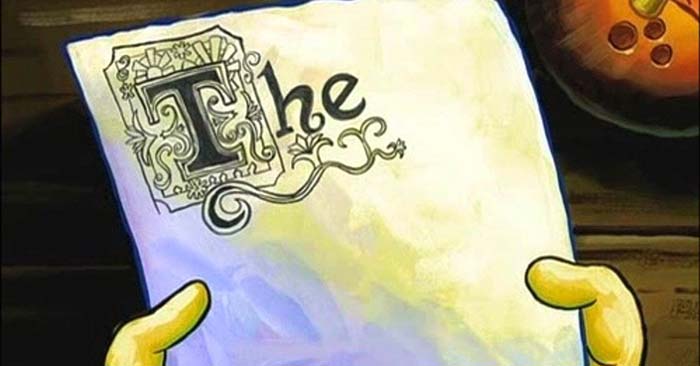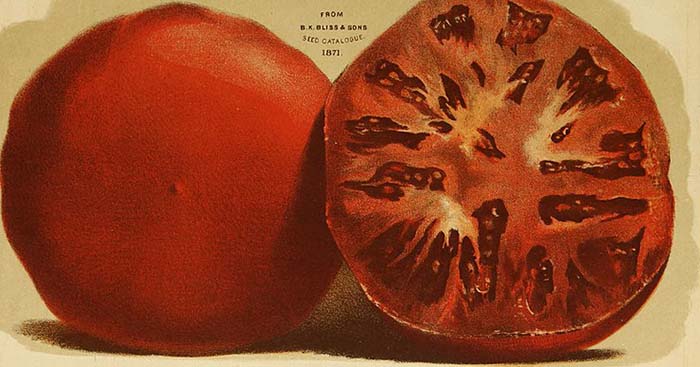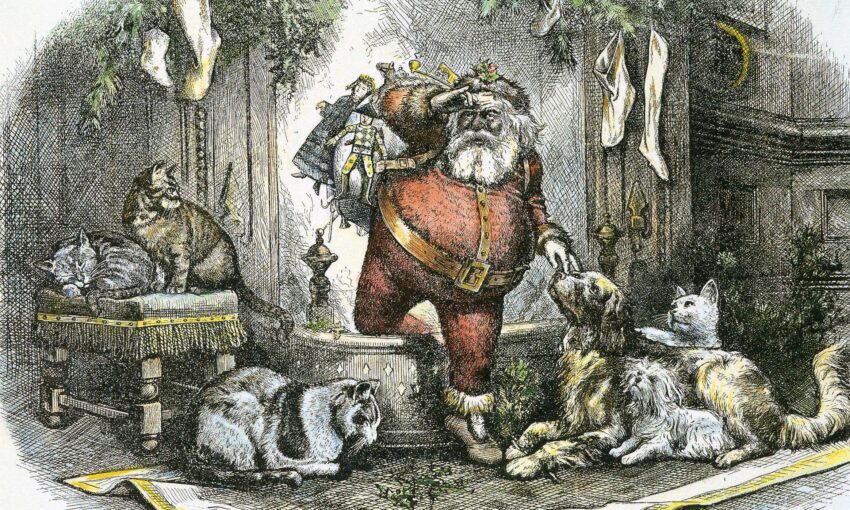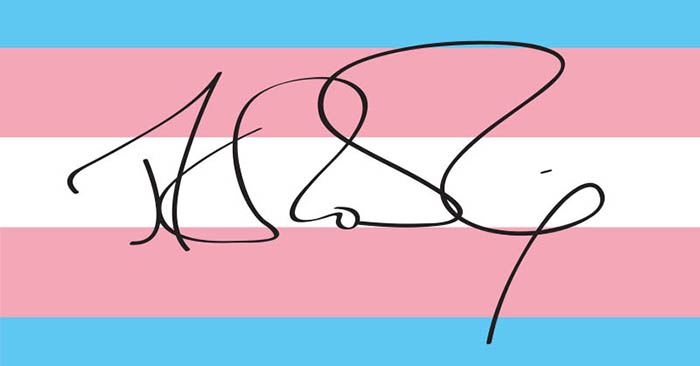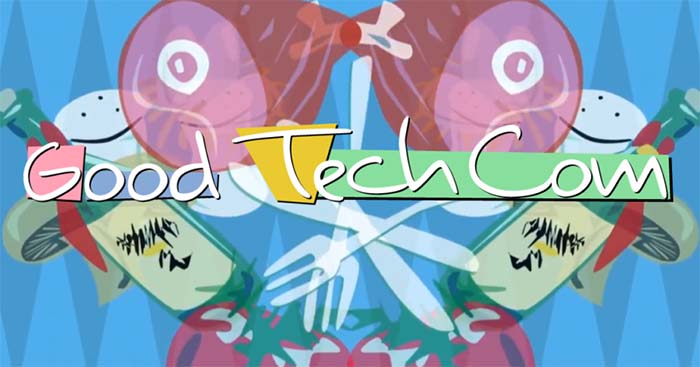50 years ago today, Irregardless Cafe opened in 1975 in Raleigh , NC.
Etymology of ‘Irregardless’
Irregardless Magazine has been offering up stuff and nonsense for the literary mind for exactly 10 years now. And yet, somehow we’ve never covered the etymology of the word irregardless. Was it too meta? Or just a missed opportunity? Regardless, now seems like as good a time as any to correct that mistake. So let’s…
The Sweet Satisfaction of ‘The’
The Batman. Hospital. The Ohio State. Facebook. There’s no greater sweetness in life than adding or removing the definite article ‘the’.
Defining ‘Fruits’ and ‘Vegetables’
Are tomatoes fruits or vegetables? Well that depends on how you define fruits and vegetables. And are we talking botanically, culinarily or legally?
Etymology of ‘Santa Claus’
Call him Santa Claus, Sinterklass or St Nicholas, he is a product of many cultures from Turkey to Catholics to the Celts to the Netherlands to New Yorkers.
JK Rowling, Transphobia and How to Keep Loving Harry Potter
In the wake of JK Rowling’s comments on sex and gender, it really has become harder to be a Harry Potter fan.
Harry Potter & Rhetoric: The Prince’s Tale
In ‘Harry Potter and the Deathly Hallows’, Severus Snape uses logic to convince Death Eaters, but pathos to persuade the heroes.
Harry Potter & Rhetoric: That’s the House Negro
In ‘Harry Potter and the Prisoner of Azkaban’, the werewolf Remus Lupin and his Marauder friends make the case for tokenism.
Etymology of ‘Coronavirus’
Have you ever wondered what coronavirus means and why we call it that? And why do some people call it CoViD-19? Well, actually it’s pretty simple…
‘Good Eats’ and the Art of Technical Communication
Shannon and Weaver’s Mathematical Theory of Communication says good technical communication reduces noise, but Alton Brown says ‘wankiness’ is good eats.


